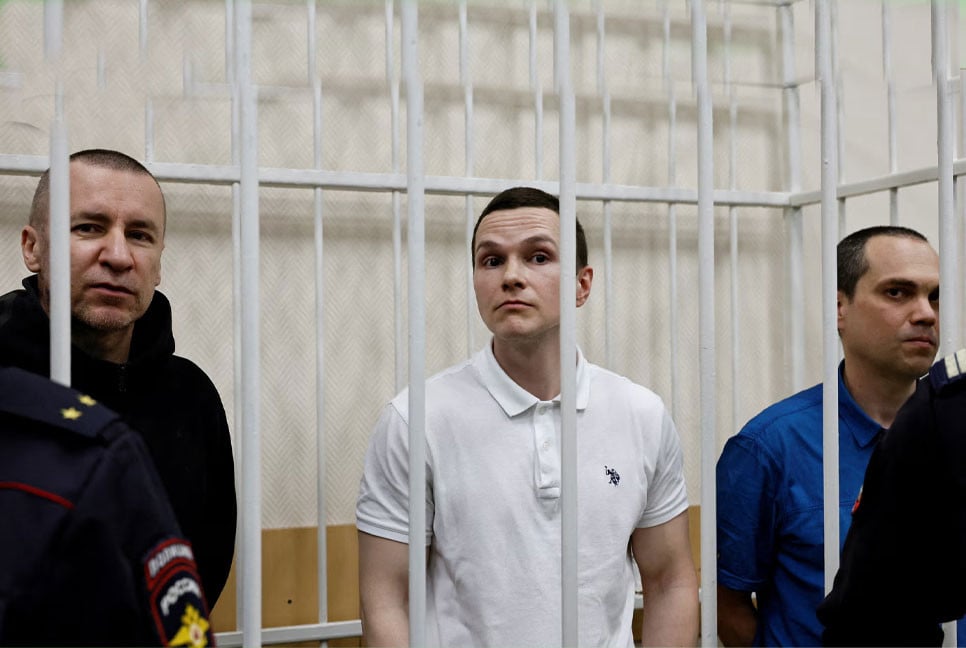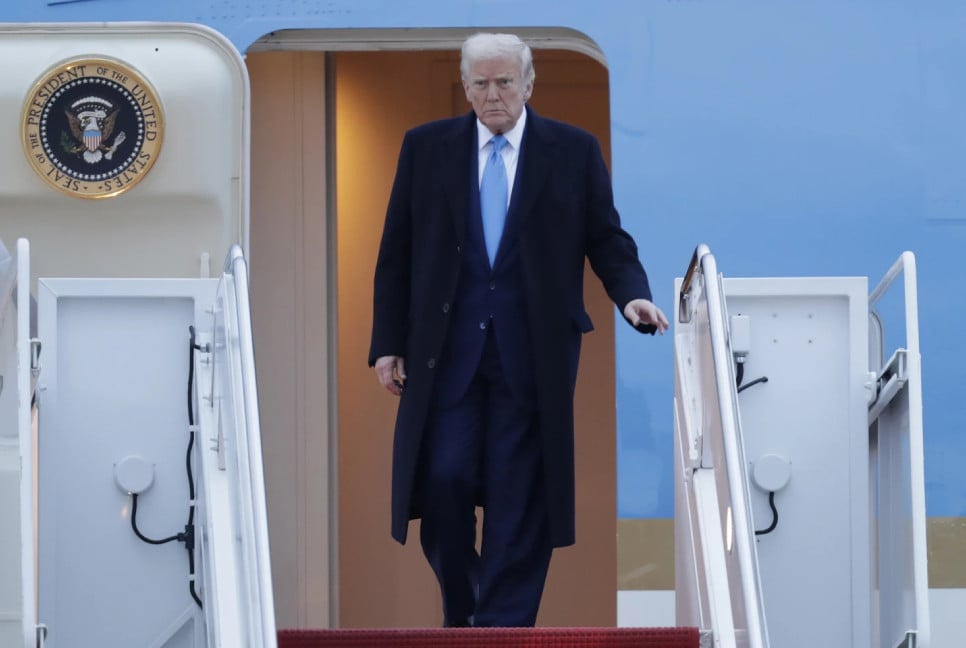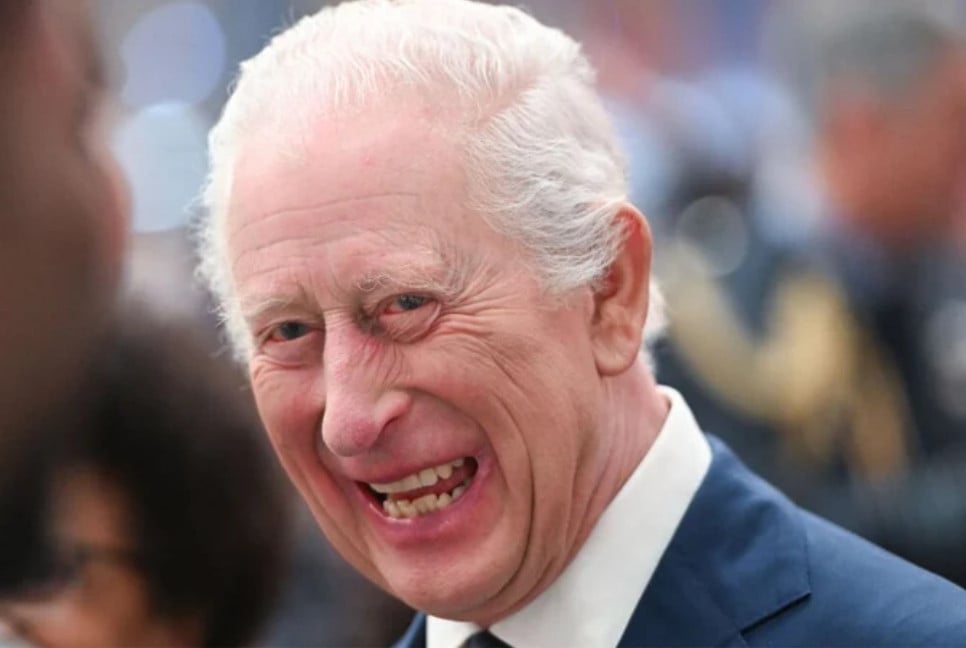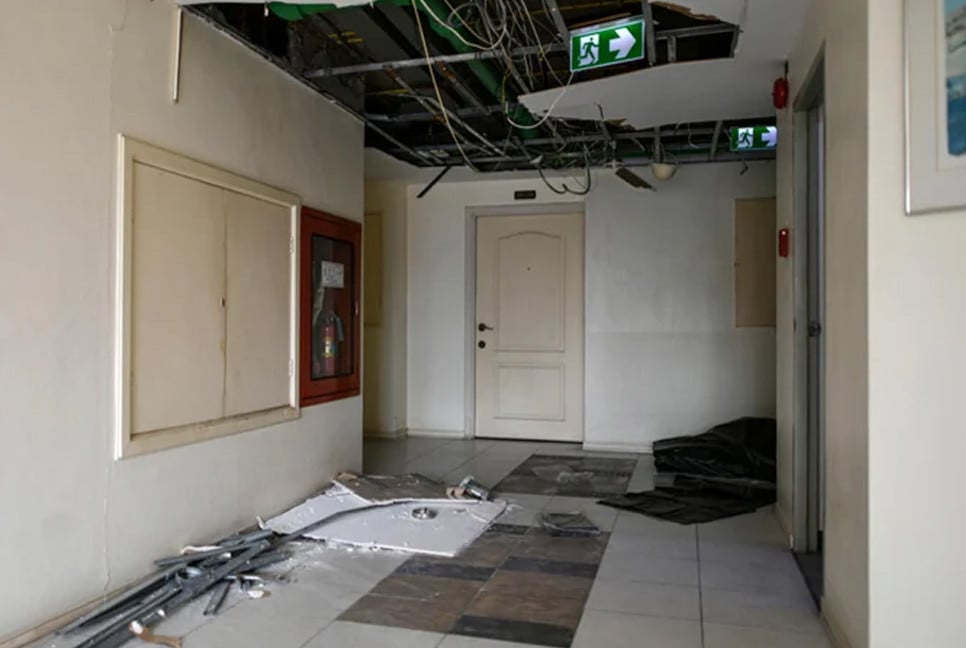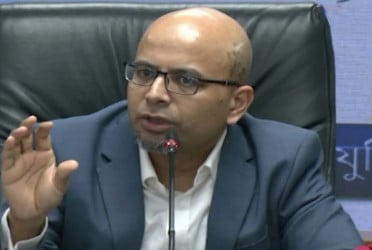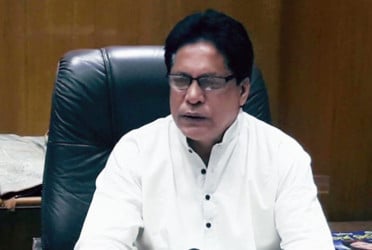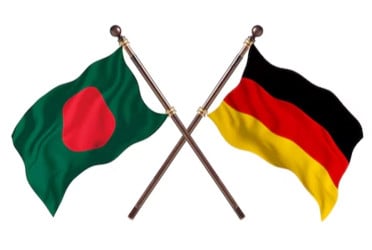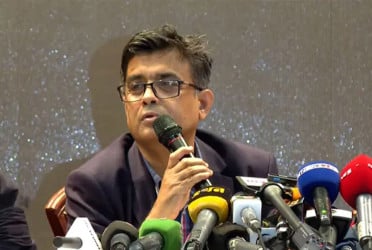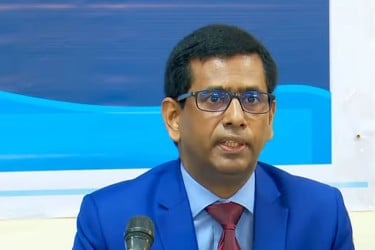Russia has sentenced three lawyers who defended opposition leader Alexei Navalny to prison terms for passing on his messages from behind bars. This case, unfolding amid a broader crackdown on dissent during Russia’s invasion of Ukraine, has sparked alarm among rights groups, who fear an escalation in the persecution of legal professionals alongside their jailed clients.
The Kremlin’s ongoing retribution against Navalny’s associates continues even after his unexplained death in an Arctic prison colony in February. Vadim Kobzev, Alexei Liptser, and Igor Sergunin were convicted of participating in an “extremist organisation” by a court in the town of Petushki, located 70 miles east of Moscow.
Kobzev, the most prominent member of Navalny’s defense team, received a five-and-a-half-year sentence, while Liptser was handed five years and Sergunin three and a half years. The sentences were met with outrage from Western nations, which condemned the move as another sign of the Kremlin’s repression of free speech.
The trio were among the few who consistently visited Navalny while he served his 19-year sentence, maintaining communication with the outside world. Navalny, Putin’s primary political rival, used his lawyers as intermediaries, transmitting messages that were then shared on social media. Passing letters and messages through legal representatives is a common practice in Russian prisons.
Yulia Navalnaya, the exiled widow of Navalny, declared that the lawyers were “political prisoners and should be freed immediately.”
The United States, Britain, France, and Germany also condemned the sentences. Matthew Miller, a spokesperson for the US State Department, stated, “This is yet another example of the persecution of defense lawyers by the Kremlin in its effort to undermine human rights, subvert the rule of law and suppress dissent.” Britain’s Foreign Secretary, David Lammy, urged the Kremlin to “release all political prisoners,” while France labeled the ruling “yet another act of intimidation against the legal profession as a whole.” Germany added that “even those meant to defend others before the law face harsh persecution.”
The lawyers were sentenced following a closed trial in Petushki, near the Pokrov prison where Navalny had been held before being transferred to a remote Arctic colony. Kobzev, speaking in court, noted, “We are on trial for passing Navalny’s thoughts to other people.”
The court’s statement claimed that the three lawyers “used their status as lawyers while visiting convict Navalny to ensure the regular transfer of information between the members of the extremist community, including those wanted and hiding outside the Russian Federation, and Navalny.” The court added that this allowed Navalny to plan “crimes with an extremist character” from his maximum-security prison.
Navalny’s messages, relayed through his legal team, included harsh criticisms of the Kremlin’s actions in Ukraine, which he labeled “criminal,” as well as calls to his supporters to “not give up.” He had denounced the arrest of his lawyers in October 2023 as an attempt to further isolate him.
Kobzev compared the current crackdown to Stalin-era purges, noting, “Eighty years have passed… and in the Petushki court, people are once again on trial for discrediting officials and the state agencies.”
The OVD Rights group, which monitors political repression in Russia, warned that the sentences signaled the Kremlin’s intent to make defending political prisoners not only increasingly difficult but also dangerous. “The authorities are now essentially outlawing the defense of politically persecuted people,” the group stated, adding that this could “destroy what little is left of the rule of law.”
Source: The Guardian
Bd-pratidin English/ Jisan

